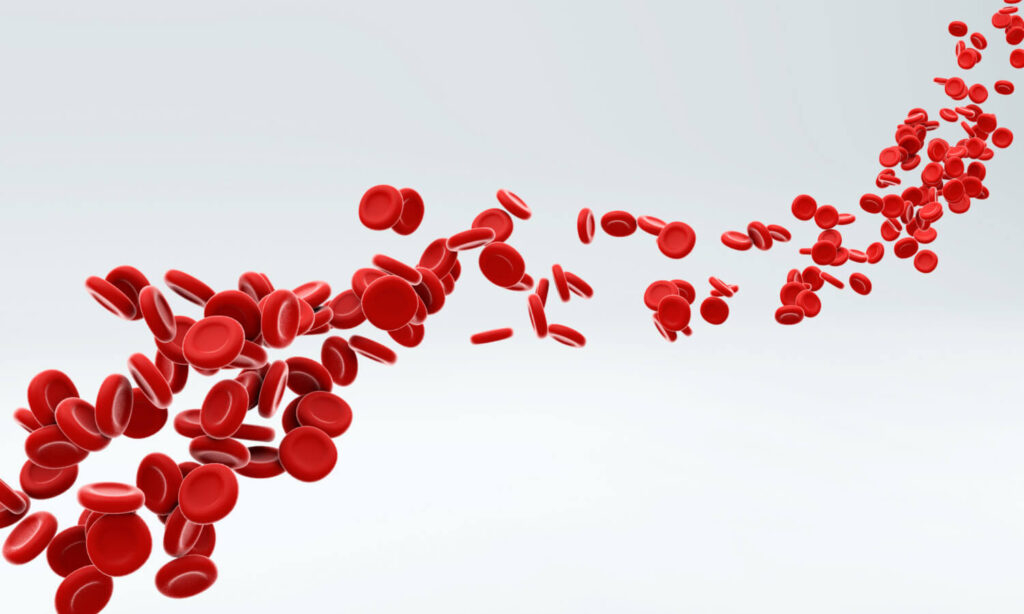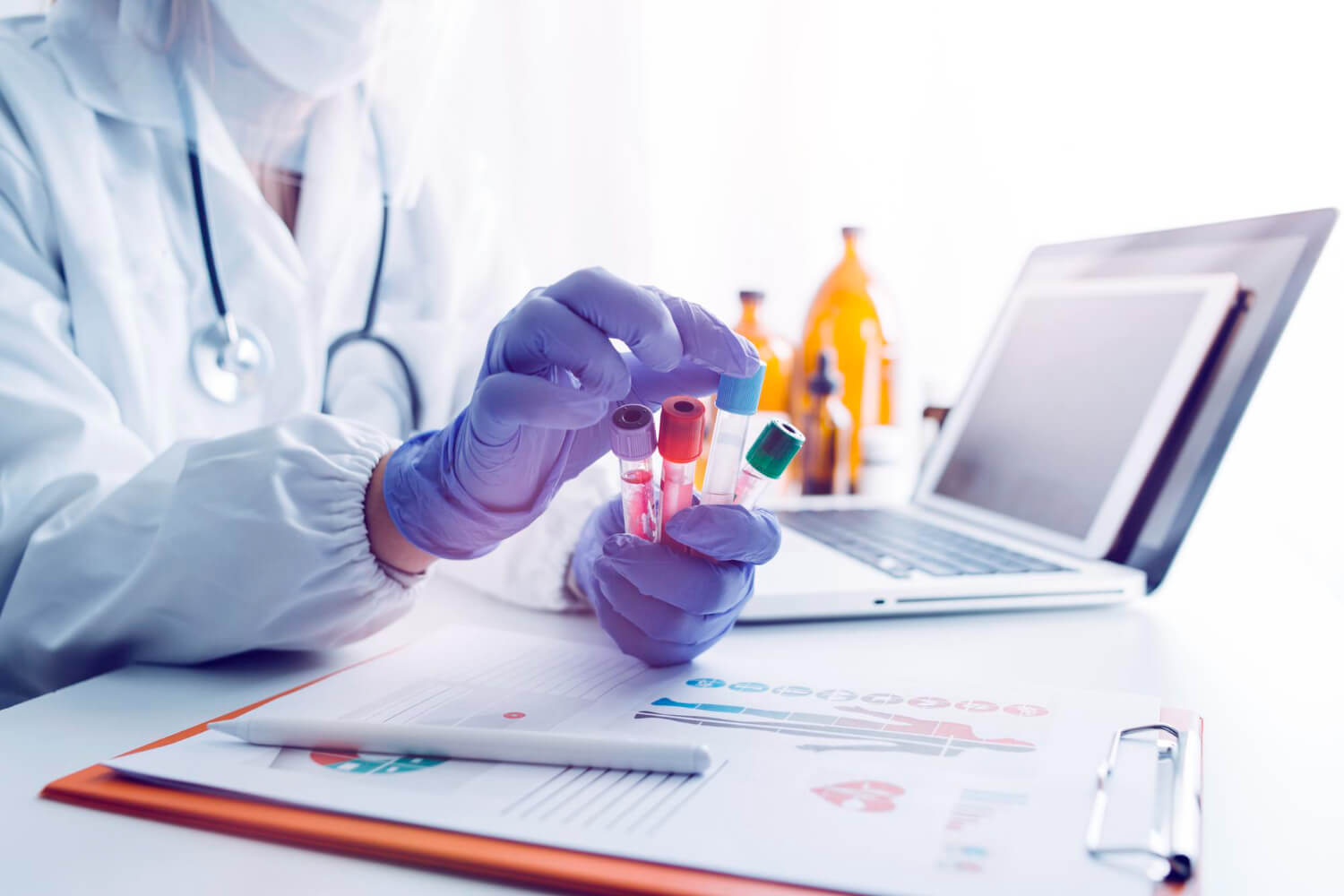Have you ever wondered how long does THC stay in your blood after you have consumed it? If yes, then here is where you are finally going to learn what happens after you consume THC.
You must know the duration for which it stays within your system to avoid any side effects or reactions from taking place due to overdosing.
THC Absorption and Metabolism in Blood
THC absorption and distribution in the body involve distinct processes depending on the method of intake.
Inhalation, through smoking or vaping, is the prevalent method, leading to the rapid absorption of THC through the lungs and its quick passage into arterial blood, reaching the brain and tissues within minutes.
In contrast, ingestion of THC in edibles results in a slower absorption process, with metabolism occurring in the liver before THC enters the bloodstream.
The effects are delayed due to the digestion, metabolism, and absorption time. Once THC enters the bloodstream, it disperses throughout the body, affecting various organs and tissues, notably the brain, where its psychoactive properties become evident.
The liver is instrumental in the metabolic process, showcasing the first-pass effect. During this phase, THC undergoes conversion into primary metabolites, with a notable example being the creation of 11-hydroxy-THC.
Important enzymes, notably those from the cytochrome P450 family, play a central role in this transformation, leading to the generation of both active and inactive metabolites.
The predominant method of THC removal from the body is through urine. The detection of THC-COOH in urine analyses indicates previous ingestion of cannabis.
Furthermore, through biliary excretion, there’s participation in the enterohepatic circulation. This suggests that certain THC components and their metabolites are released into the bile, with the possibility of being reabsorbed into the digestive system via absorption in the intestines.
Key Factors Affecting THC Blood Levels
Various crucial factors can impact THC blood levels, thereby influencing the concentration of THC and its metabolites in the bloodstream:
Method of Administration
Methods such as smoking or vaping lead to a rapid increase in THC levels in the blood by enabling direct absorption through the lungs.
In contrast, consumption results in a slower onset because THC is metabolized in the liver before it enters the bloodstream.
Dose and Potency
Consuming higher doses of THC leads to higher blood concentrations. This applies to both inhaled and ingested methods.
Body Fat Percentage
Individuals with greater body fat percentages might retain THC in their fat cells, resulting in extended periods during which it can be detected in blood tests.
THC is lipophilic, indicating its attraction to fat cells. Consequently, it has the capability to gather in adipose tissues. This can both hinder the process and cause several problems to the perso intaking the CBD product.
General Detection Windows for THC in Blood
The duration for which THC remains detectable in the bloodstream varies based on numerous factors. Nevertheless, it is generally shorter compared to other testing methods such as hair testing.

Single/Infrequent Use
After a single use, especially through methods like smoking or vaping, THC may be discernible in the blood for a brief period, typically spanning a few hours to one day.
Moderate Use (2-4 times per week)
For people who moderately consume Cannabis, the general detection window typically ranges from 2 to 4 times weekly. Although it has also been seen that traces of THC can persist in the bloodstream and be detectable for roughly 2 to 3 days following their most recent intake.
Frequent/Heavy Use (daily use)
In heavy or daily users, THC can be detectable in blood for a slightly longer duration, typically up to a week or more after the last use. This causes them to be easily caught when a test is done.
Blood Testing for THC: Methods and Sensitivity
Blood tests for THC serve as a technique to identify recent cannabis consumption, particularly in scenarios where evaluating impairment or adherence to drug-free guidelines is essential.
Here’s a summary of the techniques employed in THC blood testing:
Immunoassay Screening
This initial step frequently utilizes immunoassay tests to identify THC or its metabolites by gauging the immune system’s response.
Immunoassay tests offer a swift method and are commonly employed for preliminary on-the-spot examinations.
Gas Chromatography-Mass Spectrometry and Liquid Chromatography-Mass Spectrometry
These sophisticated techniques not only verify the existence of THC but also enable the measurement of its concentration as well as that of its metabolites in the bloodstream.
General Advice
Certainly, if you are anticipating blood tests for THC, it’s crucial to consider legal, health, and individual factors.
Know Your Local Laws
It is better to familiarize yourself with the legal position of cannabis in your area, as regulations concerning its consumption, possession, and influence can differ significantly.
Employment Policies
If you’re facing workplace drug testing, it’s essential to familiarize yourself with your employer’s guidelines concerning cannabis consumption.
Understand the Detection Window
Know that blood tests for THC are more indicative of recent use, typically within hours to a few days.
Abstaining Before a Test
Depending on the circumstances, consider abstaining from cannabis use for a sufficient period before the anticipated test.
Disclaimer
Results can vary widely based on individual factors, and the advice provided is general. Legal consequences can be complex and are subject to change.
Seek advice from legal professionals for the most accurate and current information. The impact of cannabis on health can vary. Consult with healthcare providers for personalized advice based on your health status.





